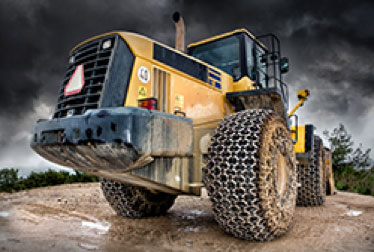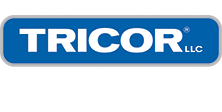 Perhaps your business owns, operates, maintains or uses mobile equipment in some way or another. Many times, there is confusion as to what is actually considered “mobile equipment,” and does it differ from an “auto.”
Perhaps your business owns, operates, maintains or uses mobile equipment in some way or another. Many times, there is confusion as to what is actually considered “mobile equipment,” and does it differ from an “auto.”
First, let’s start off by understanding what “mobile equipment” is and what an “auto” is, since the two are often lumped together within the insurance universe.
In a conceptual nutshell, the difference between the two is as followed:
- Vehicles that are “designed for travel on public roads”are “autos.”
- Vehicles that are “designed for use principally off public roads”are “mobile equipment.”
Please note the usage of the word “designed” in those two statements. There are many other variables that need to be considered when making a distinction between the two, but the statements above can be used as a rule of thumb.
Generally, the purpose of the commercial general liability policy (CGL) is to provide bodily injury or property damage to that in which it is insuring. In the case of mobile equipment and autos, the CGL wants to know what the vehicles actual design is intended for. Is it designed for use on public roads? Or, is it designed to be used mostly off of public roads and on other parts of land? The key here is not whether the vehicle can actually be used on public roads, but more so what is the actual use or design intended for?
Wherein lies the most confusion tends to come from heavy equipment vehicles. Any vehicles with permanently attached cranes, diggers, drills or loaders are considered “mobile equipment.” Also, in the road construction world, any heavy equipment used for different construction or the resurfacing of roads is considered “mobile equipment” i.e. steam rollers, graders, scrapers, etc.
One of the other more common questions that arise is, “how do we cover the vehicles with permanently attached equipment, such as generators, welding equipment, pumps, air compressors or cherry pickers?” Since the equipment cannot move under their own power, they are also considered “mobile equipment.”
Confusing? It can be, absolutely. Take some time to review your mobile equipment and auto portions of your policy with a commercial insurance agent to make sure they are insured appropriately.

